
Spastic colon syndrome and the main facts
Spastic colon is another name for the irritable bowel syndrome, the condition that is characterized by diarrhea, constipation, pain, cramps and discomfort in the lower abdomen, and bloating. Aside from these symptoms, the person with this problem will experience more frequent urge to defecate and painful spasms while defecating will also be present. The causes of spastic colon may be various, but the treatment is usually focused on relieving the symptoms. For that purpose change in the diet is primarily suggested, as well as reduction of stress, but if these measures do not help, anti-diarrheal and anticholinergic medications are usually prescribed.
Spastic colon diet
When deciding to introduce some changes in the diet, it is important to be well familiar with the foods that can and should be consumed, as well as the foods that should not be consumed and should be avoided. The diet that is low in fiber and low residue diet are usually suggested in order to control the diarrhea, since foods rich in fiber tend to affect negatively loose stools. Still, it is not recommended to eliminate fiber from the diet, either. Low-residue diets are based on consumption of cooked foods and raw fruits and vegetables, but in smaller amounts. What can also help in reducing the symptoms of diarrhea is consuming foods that are rich in electrolyte, such as avocados, bananas and fish.
However, when it comes to foods that should be included in the diet for people with spastic colon, are ones rich in fiber, vitamin B6, folic acid, and magnesium. There is a difference between soluble and insoluble fiber, and sources of soluble fibers are citrus fruits, apples and beans in the first place, while insoluble are found in whole grain breads and vegetables. Still, it is important to drink plenty of water, in order to avoid bloating and constipation. Vitamin B6 is present in carrots and peas, for example, and it aids digestion, while folic acid can be found in cereals and whole wheat breads. Magnesium sources are leafy vegetables, which are also particularly helpful in the digestion process.
As for the foods that should be avoided, it is well known that dairy products, caffeine, spicy and junk food, alcohol, products that are rich in fat, as well as wheat products, tend to aggravate the symptoms of spastic colon.



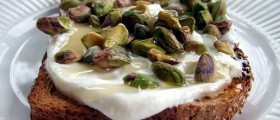

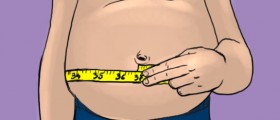
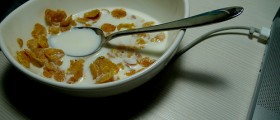

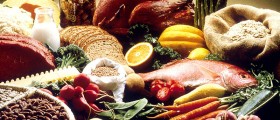
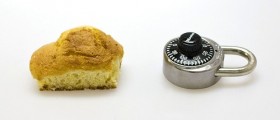


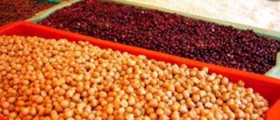
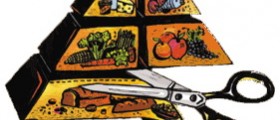

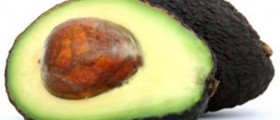
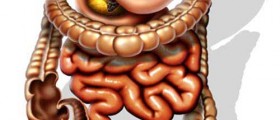
Your thoughts on this
Loading...